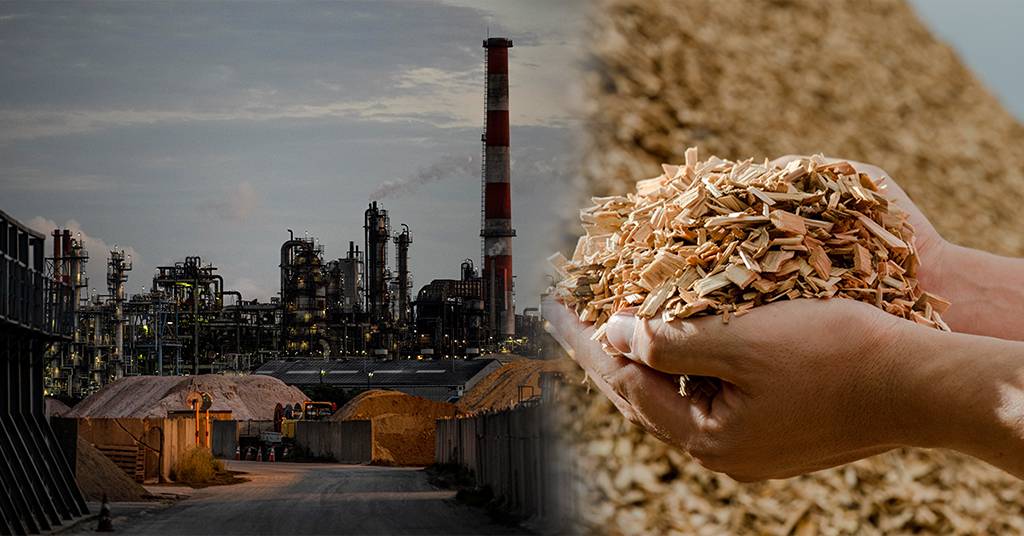Welcome To ChemAnalyst

US: Saudi Arabia announced that it will reduce its production by an additional 1 million barrels per day in July, bringing it to its lowest level in several years because of the sharp decline in Crude prices.
Saudi Energy Minister Prince Abdulaziz bin Salman stated the country will take whatever steps are necessary to bring stability to this market following an OPEC+ meeting in which other producers did not offer any extra measures to support current oil prices but did extend their present cuts through 2024.
The kingdom is intensifying its production limitations after the previous round, which was just agreed upon two months ago, failed to result in a long-lasting price increase. When the Organisation of Petroleum Exporting Countries and its partners unexpectedly cut back on supply by around 1.6 million barrels per day in early April, oil futures plunged 11% in New York that month due to dismal economic data from China and concerns about a possible recession.
The extra cut for next month might be prolonged, but the Saudis will keep the market "in suspense" as to whether this will occur, according to Prince Abdulaziz. The minister has often attempted to catch bearish oil speculators off guard by cautioning them to "watch out" in the lead-up to Sunday's meeting.
Crude prices will mostly be determined by a test of wills soon. It will be a conflict between bearish paper traders and Saudi Arabia, which seeks stability.
Saudi Arabia's production will reach its lowest level in July since June 2021 when output was still recovering from the depths of the Covid-19 pandemic because to the extra restrictions planned on Sunday, which would reduce output to around 9 million barrels per day.
The United Arab Emirates was the primary beneficiary of the weekend's OPEC+ negotiations because it increased its production cap for 2019 at the expense of other African members who were Asked to relinquish a portion of their unused quotas. Suhail Al Mazrouei, the country's energy minister, congratulated his colleagues for the rise and reaffirmed his commitment to the cartel.
We would always stick together and defend OPEC, he declared. It was a significant declaration from a nation that had previously considered leaving OPEC and had at least once threatened to do so if it didn't receive a larger quota.
The second-largest producer in OPEC+, Russia, was exempt from new cutbacks this year but, like other members, extended its current limitations by one year to the end of 2024. Since Europe forbade most of its oil imports, Moscow has been increasingly competing with its OPEC allies in the Gulf on Asian markets. Due to large export volumes, there have also been concerns over whether it has properly executed the output reduction it had promised.
The OPEC+ agreement's release was put off for several hours while ministers wrangled over the specifics. The modification to the baselines against which the output cuts of numerous nations are judged was the most divisive issue. The strongest resistors, according to delegates, were the African countries Angola and Nigeria, which have battled to fulfil their output objectives almost since they were imposed three years ago.
The countries were unwilling to give up their output quotas, even though they are currently not completely utilised, according to delegates. A tight OPEC+ output quota could reduce their appeal to international investors. Several of them are looking for fresh investments to increase production in the upcoming years.
It was a difficult political pill for them to take, and discussions went on all day Saturday in hotels in Vienna and all-day Sunday in the OPEC headquarters. Eventually, the deadlock was broken, and the African nations agreed to cut output caps in exchange for an impartial assessment of their respective production capabilities.
We use cookies to deliver the best possible experience on our website. To learn more, visit our Privacy Policy. By continuing to use this site or by closing this box, you consent to our use of cookies. More info.
